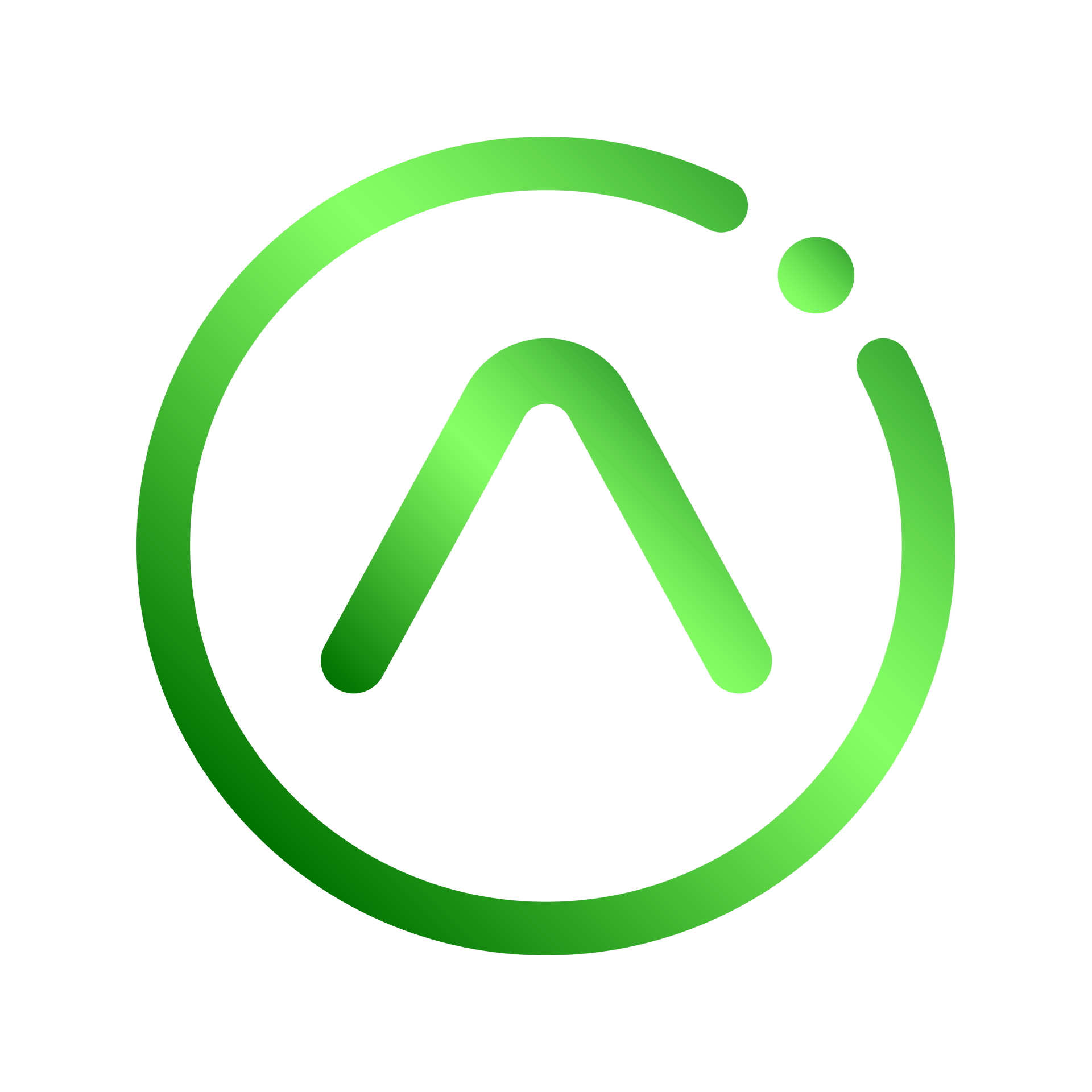Micro-Credentials
Education Technology Integration
Transform Your Teaching with the Power of Technology
Apply Now
NQF Level:
5
Credits:
15
Minimum Duration:
6 Weeks (Part-Time)
Faculty:
Digital Arts & Educational Technology
Department:
Micro-Credentials & Short Learning Programmes
Accreditation Authority:
AIFT Senate
Empower Your Teaching with Technology to Create Engaging, Future-Ready Learning Experiences
This dynamic micro-credential programme is meticulously crafted to empower educators with both the theoretical knowledge and hands-on skills required to seamlessly integrate technology into the teaching and learning experience. With a strong focus on real-world applications, this comprehensive programme strikes the perfect balance between innovative theory and practical implementation, allowing educators to design, execute, and assess technology-enhanced learning journeys. Participants will possess the professional expertise to effortlessly incorporate digital tools and technologies into their teaching practices, creating a vibrant, engaging, and highly effective learning environment that inspires both students and educators alike.
Why Choose This Qualification?
Learn how to seamlessly incorporate technology into your teaching to create engaging, effective, and interactive learning experiences. Gain the ability to critically assess the effectiveness of technology in education and adapt strategies to meet diverse learner needs. Develop practical, hands-on skills to plan and implement technology-integrated teaching units that boost student engagement and achievement. Enhance your professional competency and stay ahead in the growing field of educational technology.
Admission Requirements.
Not explicitly mentioned in the document
Qualification Structure.
Week 1: Introduction to Educational Technology - Understand the fundamentals of educational technology and its role in enhancing teaching and learning. Week 2: Exploring Digital Tools for Teaching - Learn about various digital tools and platforms that support interactive and engaging learning experiences. Week 3: Designing Technology-Integrated Lessons - Develop skills to create lessons and units that effectively incorporate technology to meet learning objectives. Week 4: Assessing the Effectiveness of Technology Integration - Evaluate the impact of technology integration on student engagement, learning outcomes, and teaching efficiency. Week 5: Reflecting and Improving Technology Use in Education - Reflect on personal experiences with technology integration and identify strategies for continuous improvement. Week 6: Assessment and Certification - Final Project Submission, Feedback, and Certification.
Learning Outcomes.
Learn how to apply educational technology theories in practical, real-world teaching environments. Develop the skills to create and implement a teaching unit that effectively integrates digital tools. Gain the ability to critically reflect on the use of technology in teaching, assessing its impact on student learning. Cultivate the necessary professional competencies through hands-on experience and reflective practice.
International Comparability.
Not explicitly mentioned in the document
Qualification Modes of Delivery and Support.
Blended Learning: Combines online modules with in-person practical sessions. Distance Learning: Fully online with asynchronous support. Face-to-face Workshop sessions for personalised mentorship and peer interaction.
Career Opportunities.
Modern Teaching Skills, Professional Growth, Expanded Career Opportunities.
Articulation Options.
Not explicitly mentioned in the document
Ensure Compliance, Empower Financial Accuracy.
Empower Financial Accuracy




